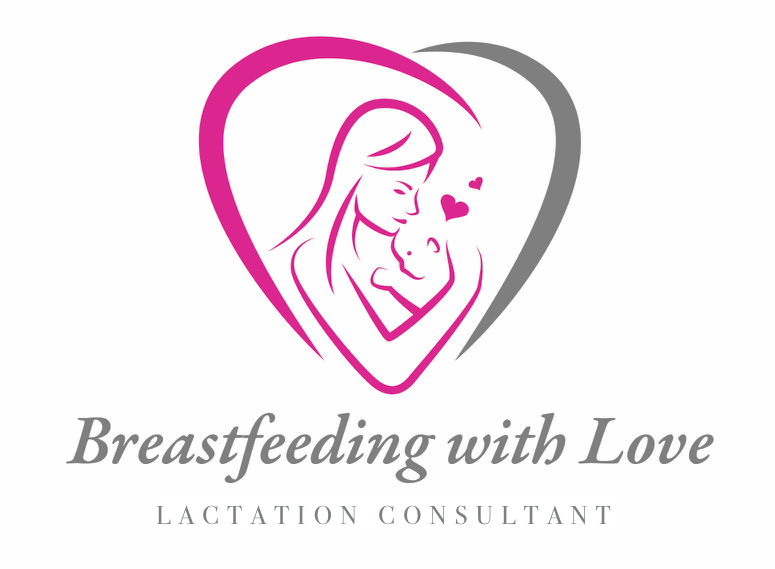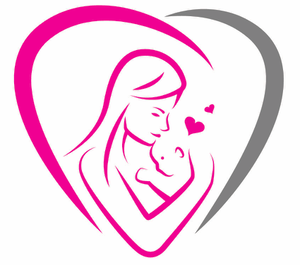Another Breastfeeding Benefit: Preparing Baby's Belly For Solid Food
Breastfeeding is best for your baby. It provides all the nutrition and vitamins your baby needs. The American Academy of Pediatrics recommends that babies should be breastfed for the first 6 months of life and continue to breastfeed, along with solid foods to 12 months. Breastmilk is the only food your newborn needs. However, by age 4 to 6 months, most babies are ready to begin to eat solid foods. Exclusive breastfeeding seems to really smooth out the transition to solid foods says Amanda Thompson, an associate professor in the anthropology department of the University of North Carolina. In fact, breastfeeding may prepare your baby intestines to handle the introduction of solid foods. A baby's diet of breast milk has a profound and amazing influence on the composition, diversity, and stability of their gut microbiome.The gut microbiome is microorganisms, living organisms such as bacteria, fungi or viruses that reside in many places in our body. Gut microbiomes play a major role in helping us digest our food properly. It also helps fights pathogens, which are organisms that cause a disease in another organism of our body. All these factors influence the baby's ability to transition from breast milk to solid foods. Solid foods are meant to compliment your baby's overall nutrition, not replace breastfeeding. You should continue to breastfeed your baby as usual. Then start with iron-fortified cereal or pureed vegetables and fruits. Ask your pediatrician what is right for your baby before starting solid foods. Most babies start with one or two teaspoons of iron fortified baby cereal or pureed vegetables or fruits. You can put your own breast milk in the cereal that you give your baby.Every baby is different. Watch for certain signs and developmental cues that will help you know when your baby is ready for food. Babies need solid foods to help them learn to chew. Additionally, by introducing foods to your baby, you are helping your baby accept different tastes of foods, develop skills to eventually feed themselves and be a part of your family, sharing meal times together. By giving your baby one kind of food at a time, you will be able to tell which food caused an allergic reaction, if one occurs. In conclusion, breast milk is the best food for most babies for the first year of life. Breastfeeding helps babies prepare their stomachs for digestion of solid foods.Discuss with your pediatrician, when the right time is for your baby to begin solid foods. Good luck. I hope this transition of adding solid foods to your baby's diet goes smoothly.

